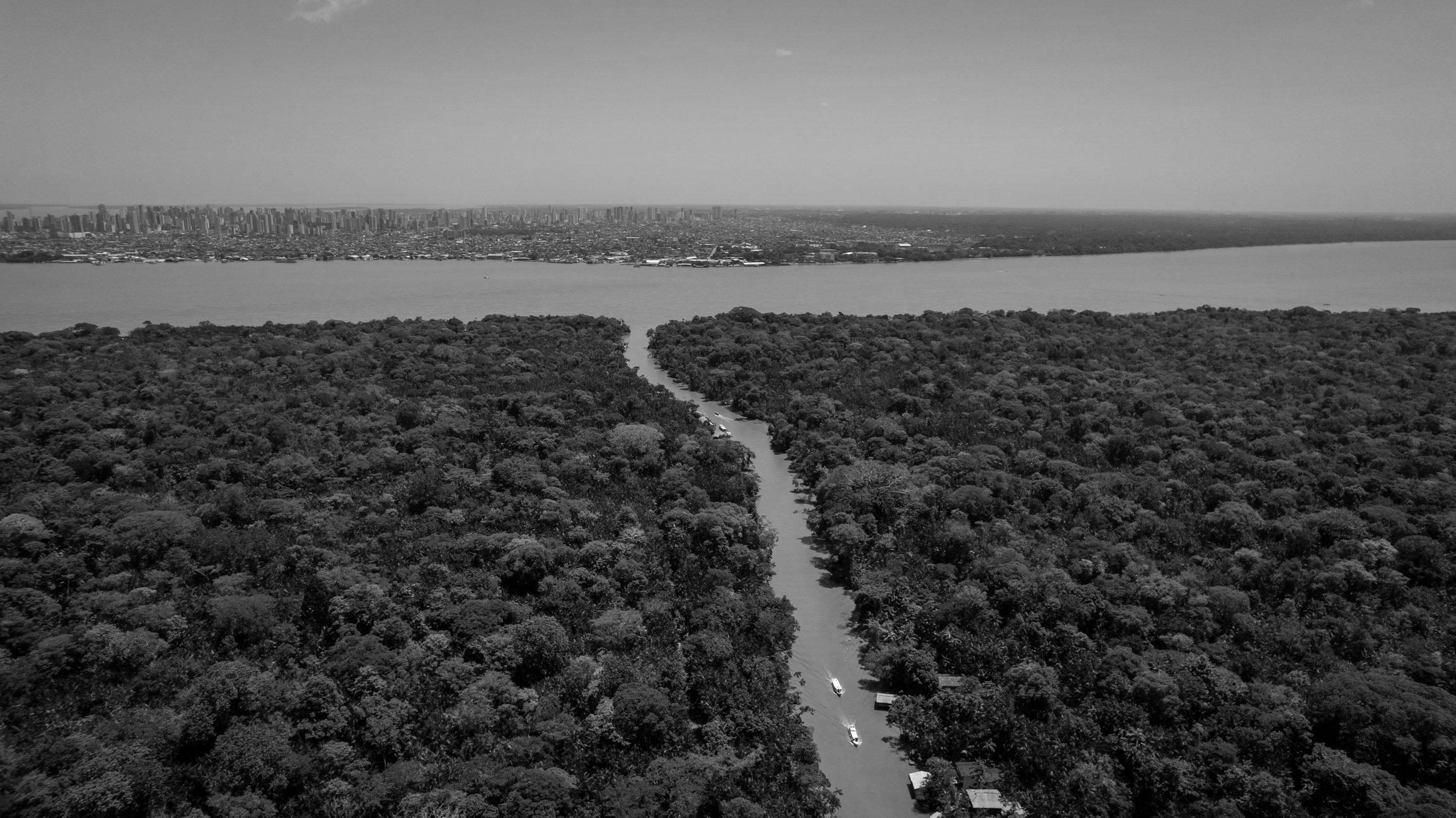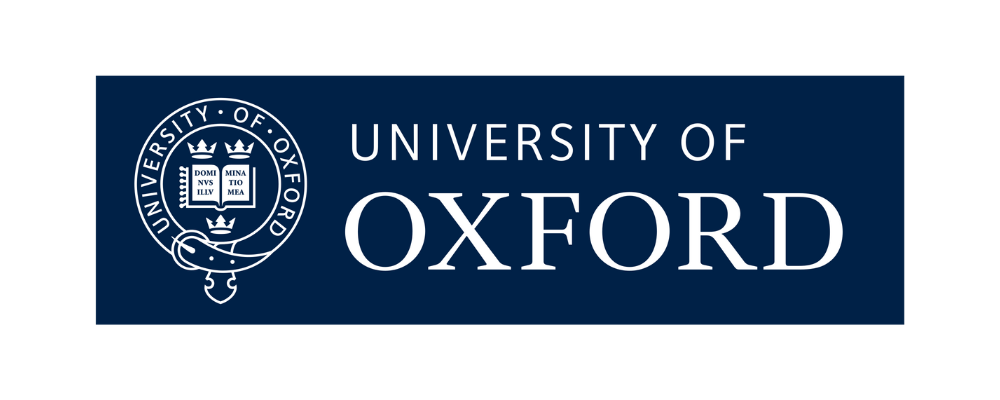
Thomas Hale, Professor in Public Policy at the Blavatnik School of Government, said that conclusion of COP30 in Belém saw limited progress in efforts to reduce global greenhouse gas emissions but, in a year of failed negotiations, did just enough to hold the process together and to leave room for more progress in the future:
In a year of worsening climate impacts and geopolitical conflict, COP30 was both absolutely necessary and completely insufficient. The fact that every country in the world—minus one—could reaffirm their commitment to act on climate change is powerful and real, even if their action remains insufficient.
Professor Thomas Hale, Blavatnik School of Government
‘In a year of worsening climate impacts and geopolitical conflict, COP30 was both absolutely necessary and completely insufficient. The fact that every country in the world—minus one—could reaffirm their commitment to act on climate change is powerful and real, even if their action remains insufficient.
‘The COP shows that multilateralism can endure even when the biggest countries are hostile, like the US, or disengaged, like China. The consensus rule means that the COPs themselves cannot be the engine of action, but they are a critical launchpad for the groundswell of coalitions and initiates— including also cities, regions, businesses, and investors alongside governments—that are the vectors for forward progress today.
‘Globally, climate policy is becoming more robust and real as the post-fossil economy emerges, with developing countries emerging as pace-setters on policy implementation, according to the Oxford Climate Policy Monitor. But we need to go faster.
‘At COP30 the fault lines on fossil fuels were clearer than ever before, with about half the countries pushing for a roadmap to phase out. However, many big economies are still “standing athwart history and yelling ’stop’,” to paraphrase the conservative writer William F. Buckley. The question is not whether this divide can be resolved in a global consensus process—it can’t—but rather what ‘coalitions of the willing’ emerge. The phaseout coalition is now bigger and stronger than ever, with an important summit planned for April 2026.’
As a Brazilian scientist working on climate–nature linkages, it is disappointing to see a ‘forest COP’ in the Amazon advance without strong language on halting and reversing deforestation and forest degradation by 2030.
Dr Aline Soterroni, Department of Biology
‘As a Brazilian scientist working on climate–nature linkages, it is disappointing to see a ‘forest COP’ in the Amazon advance without strong language on halting and reversing deforestation and forest degradation by 2030.
‘The science is unequivocal: in tropical countries like Brazil, halting deforestation is essential for achieving net-zero emissions. Globally, our terrestrial and ocean carbon sinks must be protected and restored; otherwise, reaching global net zero will be put at serious risk. Beyond carbon, safeguarding forest ecosystems such as the Amazon — that is approaching a critical tipping point — is vital for maintaining key ecosystem services, including water regulation, which supports food production and renewable energy security.
‘It is also a moral and ethical imperative. Deforestation destroys biodiversity, undermines ecosystem resilience, and harms local communities and Indigenous peoples, who have contributed the least to these crises yet bear their impacts most acutely.
‘Additionally, it’s impossible to reach consensus when some countries are deliberately blocking progress. That’s why I hope the global discussion on roadmaps to phase out fossil fuels and end deforestation evolves beyond the COP process. Positive mechanisms like the TFFF are already underway, and I truly hope the real multirão for collective implementation continues to grow bringing together multiple actors and relying on the best available science.’
One of my main takeaways from this COP in Belém is that the political mandate is there, but the plan is not. President Lula has called for a roadmap on forests; Indigenous Peoples and local communities are here in historic numbers, asserting their rights and their critical role as forest protectors; and scientists are warning that parts of the Amazon are approaching critical tipping points. Yet the draft outcome still lacks a concrete, time-bound Forest Roadmap, and attempts to strengthen cooperation across the Rio Conventions on climate, biodiversity and land have been markedly diluted.
Professor Nathalie Seddon, Department of Biology
‘Brazil has started to bend the curve on deforestation: official figures show Amazon deforestation is now around half its 2022 level and at its lowest in more than a decade, and here at COP30 the government has just fully recognised four Indigenous territories and moved to demarcate over twenty more. But this progress is fragile and still the exception, not the rule – global forest loss remains off track for the promise to halt and reverse deforestation by 2030, especially as fires and industrial agriculture continue to drive loss.
‘We’ll be closer to truly stopping deforestation when measures like strong enforcement, secure Indigenous land rights, and direct finance for community-led conservation become the global norm. And when pressures from industrial animal agriculture fall as diets change.
‘One of my main takeaways from this COP in Belém is that the political mandate is there, but the plan is not.
‘President Lula has called for a roadmap on forests; Indigenous Peoples and local communities are here in historic numbers, asserting their rights and their critical role as forest protectors; and scientists are warning that parts of the Amazon are approaching critical tipping points.
‘Yet the draft outcome still lacks a concrete, time-bound Forest Roadmap, and attempts to strengthen cooperation across the Rio Conventions on climate, biodiversity and land have been markedly diluted. For a COP hosted in the heart of the Amazon, in the most biodiverse country on Earth, that is deeply worrying. COP30 must still deliver an actionable roadmap to halt and reverse deforestation by 2030, grounded in rights and direct finance for those who safeguard the forest, and a clearer mandate to align climate and biodiversity action; without that, this ‘forest COP’ will have failed its defining test.’
“The University of Oxford is a collegiate research university in Oxford, England. There is evidence of teaching as early as 1096, making it the oldest university in the English-speaking world and the world’s second-oldest university in continuous operation.”
Please visit the firm link to site


